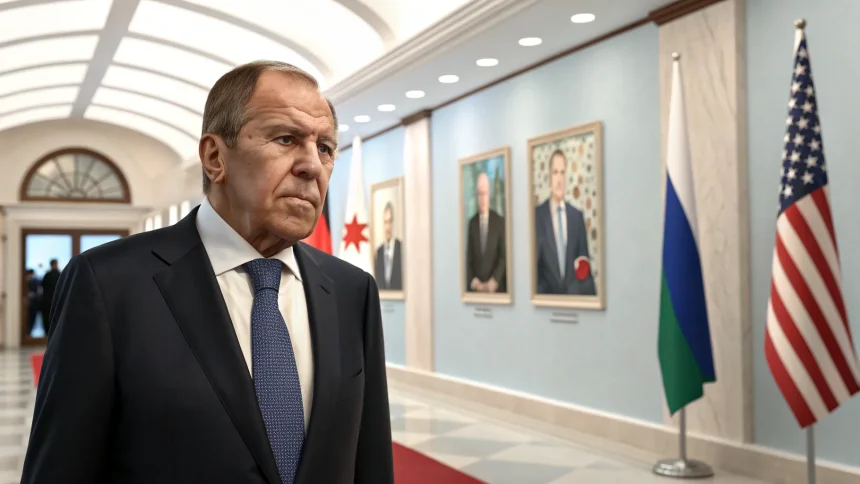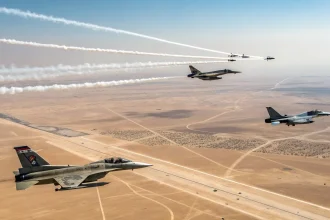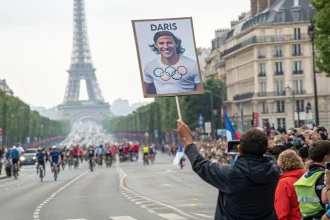Russian Foreign Minister Sergei Lavrov expressed criticism of U.S. President Donald Trump’s Israeli-Palestinian peace proposal on Monday, stating that the plan falls short in addressing the full scope of the conflict.
According to Lavrov, the Trump administration’s proposal focuses primarily on Gaza while lacking sufficient details regarding Palestinian statehood, which remains a central issue in the decades-long conflict.
Limited Scope of the Proposal
The Russian diplomat’s comments highlight Moscow’s concerns about the territorial limitations of Trump’s peace plan. By concentrating mainly on Gaza, the proposal appears to sidestep broader questions about the West Bank and East Jerusalem, territories that Palestinians have long claimed as part of their future state.
Lavrov’s critique suggests that Russia views the American proposal as incomplete, failing to address the comprehensive nature of the Israeli-Palestinian dispute that extends beyond Gaza’s borders.
Palestinian Statehood Concerns
At the heart of Lavrov’s criticism is the perceived vagueness regarding Palestinian statehood. The Russian Foreign Minister indicated that Trump’s plan lacks clear commitments or specific details about the establishment of a Palestinian state, which has been a fundamental demand of Palestinian negotiators and a key component of previous peace frameworks.
This ambiguity on statehood represents a significant departure from the two-state solution that has formed the basis of most international peace efforts in the region for decades.
Russia’s Position in the Peace Process
Lavrov’s comments reflect Russia’s ongoing interest in the Middle East peace process and its desire to maintain influence in regional diplomacy. As a member of the Middle East Quartet alongside the United States, European Union, and United Nations, Russia has consistently advocated for a comprehensive approach to resolving the conflict.
The Russian government has previously called for direct negotiations between Israeli and Palestinian leaders and has offered Moscow as a potential venue for peace talks.
Moscow’s critique of the U.S. plan also underscores the competing international approaches to the Israeli-Palestinian conflict, with Russia positioning itself as an alternative mediator to the United States.
The timing of Lavrov’s statement comes amid ongoing tensions in the region and uncertainty about the future direction of peace efforts. With the Trump administration’s term nearing its end, questions remain about how the incoming Biden administration might approach the Israeli-Palestinian conflict and whether it will continue with Trump’s plan or pursue a different strategy.
International observers note that any viable peace plan will likely need to address both Gaza and the West Bank while providing clear parameters for Palestinian sovereignty if it hopes to gain traction with all parties involved in the conflict.









